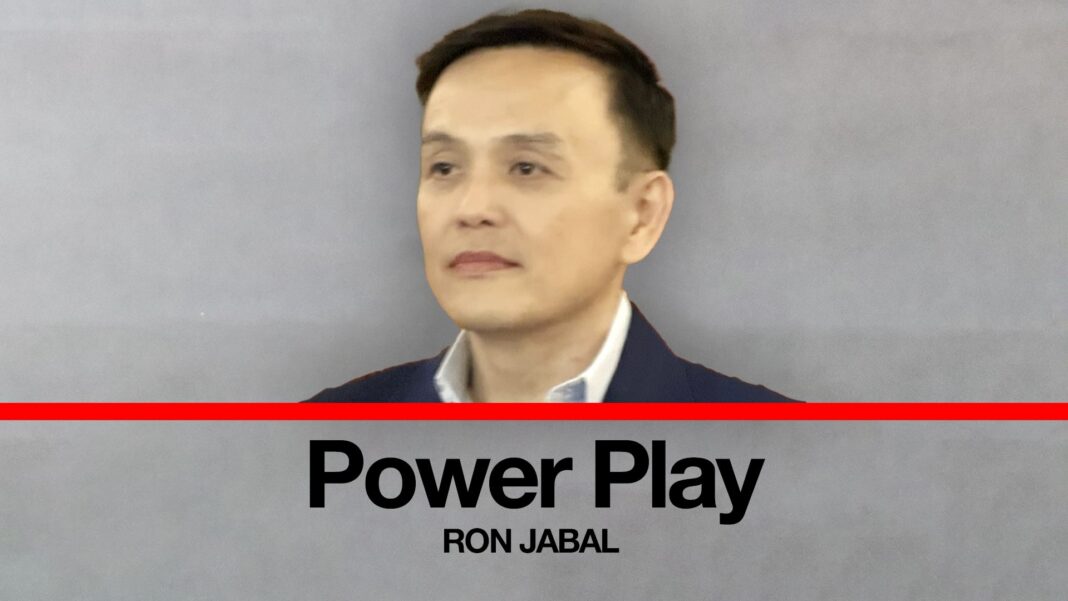Richard Gomez built his career on two currencies: celebrity and privacy. As a showbiz personality, he mastered the art of controlling access: deciding when the cameras rolled and when the doors shut. For decades, the media was told to respect boundaries, to separate the public from the personal. Yet now, as a sitting congressman, Gomez has crossed the very line he once defended by exposing the private contact details and messages of journalists.
Let’s be clear: this is not a minor lapse or a clumsy screenshot. This is doxxing, and in the Philippines it’s potentially a crime. The Data Privacy Act of 2012 prohibits the unauthorized disclosure of personal information. The Cybercrime Prevention Act raises the penalties when done online. Sanctions range from heavy fines to jail time. No amount of “sorry” can erase a statutory violation.
And no, congressional immunity does not apply. Lawmakers enjoy privilege for speeches and debates inside the chamber, not for Facebook posts or Instagram stories. Gomez cannot hide behind parliamentary cover for actions committed in the wild west of social media.
But beyond legality lies hypocrisy. Gomez, the actor who guarded his family’s privacy like a fortress, is now the politician who casually stripped journalists of theirs. For a man who once demanded respect for boundaries, the turnabout is staggering. He has effectively told the press: your privacy is optional, mine is sacred.
This is where accountability must kick in. The National Privacy Commission can investigate motu proprio. Journalists can and should file complaints, not only to protect themselves but to set a precedent. And the House of Representatives’ Ethics Committee must decide if exposing private data is “conduct unbecoming” of a lawmaker. Because if the House cannot police its own, it loses moral authority to legislate for everyone else.
Make no mistake: this is bigger than Richard Gomez. When a congressman leaks private details of the press, he doesn’t just embarrass reporters; he paints a target on their backs. Trolls, propagandists, and online mobs take over, harassing and intimidating in ways that stifle reporting. The chilling effect is real. Reporters may hesitate to pursue stories that could provoke another “accidental” leak. That’s not just a privacy breach; it’s a press freedom issue.
Apologies are cheap. Politicians mint them daily, often with a smile, usually without consequence. But democracy doesn’t run on apologies; it runs on accountability. If Gomez gets away with nothing more than contrition, what message does that send? That celebrity status and congressional privilege amount to a “get-out-of-jail-free” card? That the privacy of journalists and by extension, ordinary citizens can be traded away in the name of political convenience?
This is the power play. Either the state enforces its own laws and the House disciplines one of its own, or we accept that privacy is disposable and press freedom negotiable. It’s a test case with implications far beyond one congressman and one controversy.
Richard Gomez once lived in a world where his personal life was off-limits. As an elected official, he now lives in a world where the people’s rights must be paramount. If he cannot tell the difference or refuses to respect it then it is the duty of regulators, the courts, and his peers in Congress to remind him. Loudly.
Because in this democracy, privacy cannot be collateral damage, even in the hands of a celebrity-turned-lawmaker.


